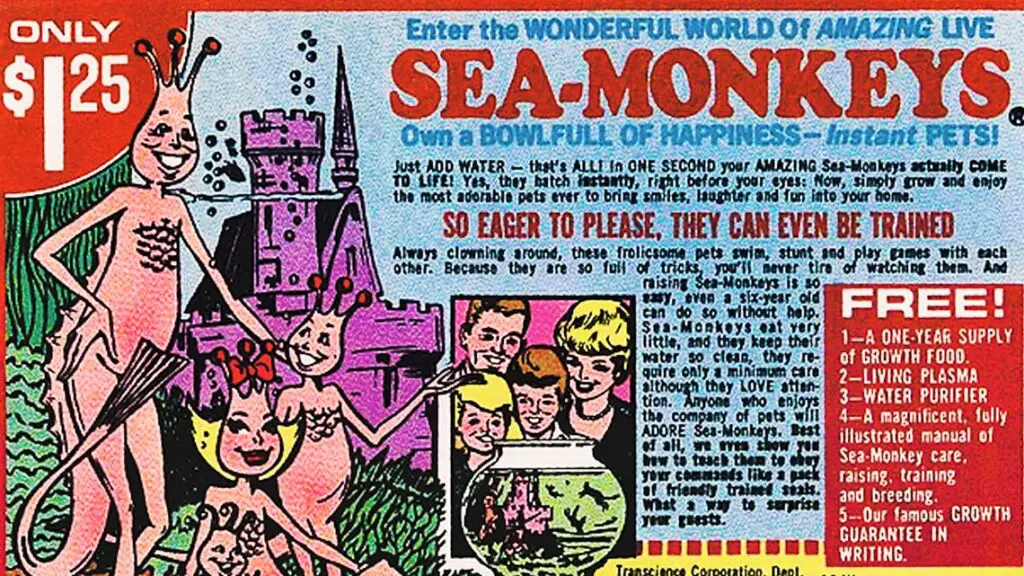
As copywriters, we’re constantly striving to craft compelling narratives that click with our audience and drive results for our clients. But what makes a story truly compelling? The answer lies in the intersection of storytelling and positive psychology. By incorporating principles from positive psychology into our storytelling approach, we can create narratives that not only captivate our audience but also inspire, motivate, and empower them.
In this article, we’ll explore the role of positive psychology in ad copy storytelling and provide tips on how to apply these principles to your copywriting practice.
The Power of Positive Psychology
Positive psychology is the scientific study of what makes life most worth living. By focusing on the positive aspects of human experience, positive psychology offers a unique perspective on how to create meaningful and impactful stories. By incorporating positive psychology principles into our storytelling approach, we can:
1. Increase emotional resonance: By tapping into universal human emotions like hope, joy, and gratitude, we can create stories that resonate deeply with our audience.
2. Foster empathy and connection: By highlighting shared values and experiences, we can create a sense of community and connection with our audience.
3. Inspire and motivate: By showcasing success stories and triumphs, we can inspire and motivate our audience to take action.
Applying Positive Psychology Principles to Storytelling
So, how can we apply positive psychology principles to our storytelling approach? Here are some actionable tips:
1. Focus on the positive: Instead of dwelling on problems or challenges, focus on the positive aspects of your product or service. Highlight the benefits, features, and values that make it unique and valuable.
2. Use storytelling to create emotional connections: Use storytelling to create emotional connections with your audience. Share stories that evoke emotions like joy, gratitude, or inspiration.
3. Highlight shared values and experiences: Highlight shared values and experiences that resonate with your audience. This can include values like sustainability, community, or social responsibility.
4. Use the power of storytelling to inspire and motivate: Use storytelling to inspire and motivate your audience. Share success stories, testimonials, and case studies that showcase the impact and benefits of your product or service.
5. Use positive language and tone: Use positive language and tone in your storytelling. Avoid negative or critical language that can create a negative emotional response.
Real-Life Examples of Positive Psychology in Storytelling
Here are some real-life examples of positive psychology in storytelling:
1. The Dove Real Beauty Campaign: Dove’s Real Beauty campaign is a powerful example of positive psychology in storytelling. By showcasing real women and their stories, Dove created a sense of connection and community with their audience.
2. The Nike “Find Your Greatness” Campaign: Nike’s “Find Your Greatness” campaign is another example of positive psychology in storytelling. By focusing on the positive aspects of human experience, Nike created a sense of inspiration and motivation in their audience.
3. The Patagonia Environmental Campaign: Patagonia’s environmental campaign is a great example of positive psychology in storytelling. By highlighting the importance of environmental sustainability, Patagonia created a sense of shared values and experiences with their audience.
When we craft compelling narratives that motivate our audience making it a crucial aspect of copywriting. By incorporating positive psychology principles into our storytelling approach, we can create narratives that inspire, motivate, and empower our audience.
By focusing on the positive aspects of human experience, we can create emotional connections, foster empathy and connection, and inspire and motivate our audience.
And by applying positive psychology principles to our storytelling approach, we can create stories that not only captivate our audience but also make a lasting impact. So, the next time you’re creating a story, remember the power of positive psychology and how it can elevate your storytelling and drive results for your clients.